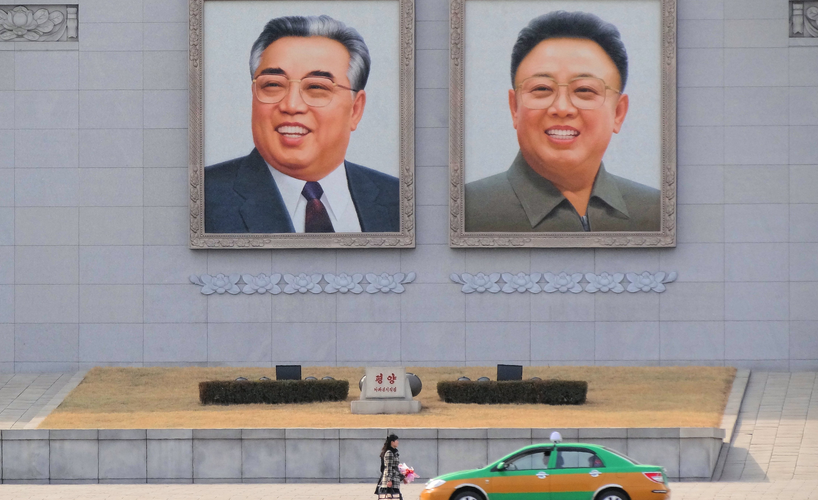About the Author
Fyodor Tertitskiy
Fyodor Tertitskiy is a lecturer at Seoul’s Korea University. He is the author of "Accidental Tyrant: The Life of Kim Il-sung" and several other books on North Korean history and military.

Get behind the headlines
|
Evergreen The hollow, vacant nature of JucheWhat does the philosophy attributed to Kim Il Sung teach? Who actually wrote it?  One of the most distinctive traits of communist countries was an existence of a state ideology, the most prominent of which was the Soviet Marxism-Leninism. The state ideology claimed to be a scientific theory, which explains the nature of historical processes and proves why socialism will ultimately be victorious and capitalism will collapse. Of course, such an explanation was based on a number of classical works, which shaped the ideology in the philosophical system. Every student of Marxism-Leninism, for example, knew its basic postulates: History is driven by economy, and economic value is created solely by labor, not by capital. All humankind is destined to pass the four historical formations: the prehistoric, feudal, capitalist, socialist and – in the future – reach the final one – communist, in which all humankind will rejoice in prosperity and brotherhood and social conflicts will be non-existent. Since Marxism-Leninism was, essentially, a social studies theory, it can be criticized and potentially disproved. It is the criticism of Marxism-Leninism, by the way, which drove many of Soviet intellectuals away from the Communist Party of the Soviet Union. They saw that, unlike the state’s assertions, history cannot really be predicted, that “five stages of history” is a very simplistic and narrow concept and that capital does contribute to a production of economic value. Ultimately, their lack of faith in the state ideology caused them to start losing their faith in the whole system. © Korea Risk Group. All rights reserved. |